10 Tips for Simplifying Your Financial Affairs While Living Overseas
Submitted by Creveling & Creveling Private Wealth Advisory on July 25th, 2016By Chad Creveling, CFA and Peggy Creveling, CFA
Living overseas can be filled with adventure, but it can also add complexity to your financial affairs. Even if you’re assisted by your company’s HR department, the complexity can make day-to-day management and long-term financial planning a time-consuming and overwhelming burden.
Below are tips to help simplify the management of your finances, save time, and remove stress so that you can focus on the more enjoyable aspects of expat life.

- Limit the Number of Financial Accounts. Many expats collect bank, investment, and credit card accounts as they move from country to country, as well as maintain accounts in their home country. You should be able to get by with a global brokerage account (a U.S. brokerage account for Americans) to hold your investments and a premier account at one of the international banks serving the offshore marketplace to meet your commercial banking needs. If you maintain property in your home country or a third country, you may also need to hold an account in that country to collect income and pay expenses.
- Get a Local Credit Card. If you earn a local-currency salary and can maintain the discipline of paying off your balance each month, then having access to a local-currency credit card can make sense. Such a credit card allows you to avoid the foreign exchange charges and international transaction fees that typically come with a home-currency credit card. To get a local-currency credit card, you may need to show greater proof of your creditworthiness than in your home country (granting banks worry that foreigners could disappear without paying).
- Get an Online Brokerage Account. Use an online brokerage to hold your investments, allowing you to manage your investments at one account. Look for a broker that will provide you with a greater range of investment products at a significantly cheaper cost than your commercial bank or the insurance-linked savings/investment schemes heavily marketed offshore. For Americans, the best bet will be a U.S.-based discount broker to avoid the tax complications of holding non-U.S.-domiciled investment products. For non-Americans, look for a global discount broker in an offshore jurisdiction that does not tax nonresidents.
- Maintain Joint Accounts. Generally, both spouses should have access to the main household financial accounts to ease financial management and to handle emergencies. To preserve a degree of financial independence and marital bliss, each spouse can maintain an individual bank account for discretionary spending. If main accounts have to be individually owned, consider giving your spouse a power of attorney over your account.
- Have Account Statements Delivered Online. Elect to have account statements delivered online when possible. This avoids wasted paper, makes changing addresses easier, and helps avoid late bills and missed payments due to mail delays.
- Use Online Bill Pay. If your bank or broker allows it, use the bill pay feature to automate recurring payments. This helps you avoid writing checks and making late payments, and makes it easier to stay on top of your bills.
- Get a Multicurrency Personal Financial Software Program. When you evaluate a property as an investment, you’ll want to calculate an expected internal rate of return (IRR) bUse a multicurrency financial software program such as Quicken to track your finances. This allows you to maintain all your assets and liabilities in one place. Using the software to track your spending can also help you develop a financial plan and stay on course. Account values and asset prices can be set up to be automatically updated online.
- Organize and Store Your Financial Records. Photocopy your key records, and store the originals in a fireproof safe at home or in a safe deposit box. You could also consider scanning your documents and maintaining them on an encrypted portable drive using free encryption software such as TrueCrypt. Another option is to store them online with a commercial document storage service, which would give you access to your documents from anywhere in the world.
- Keep a Photo Inventory of Your Belongings. Use your digital camera to make a record of all your personal belongings. This record can be used for insurance purposes or when moving. You can store your photo inventory on your home computer and keep a copy on your encrypted portable drive along with your other key documents.
- Get Skype. While technically not financially oriented, Skype (or other online variant) lets you communicate cheaply from anywhere. This allows you to keep up with advisors, property managers, friends, and family. You can also use the video option to stay in touch with and monitor aging parents.
This article is a revised and updated version of an article that originally appeared on www.crevelingandcreveling.com on 14 November 2011.

